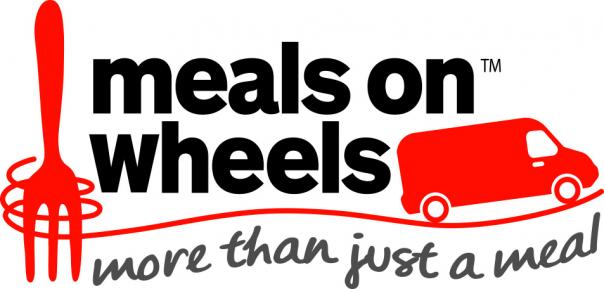
The letter was coordinated by food and farming charity Sustain and signed by members of the private sector and the public sector including the National Association of Care Catering (NACC).
The letter was ‘sparked’ after the NACC’s ‘Meals on Wheels Week 2020’ Campaign in November, which aimed to keep older people nourished, hydrated and connected.
In light of council's upcoming 2021/22 budget review, the letter asks local authorities to allocate funding to meals and wheels services.
Prior to the Covid-19 pandemic, an estimated 1.3 million people over the age of 65 were at risk of malnourishment.
Morven Oliver-Larkin, older people’s food campaign coordinator at Sustain, commented: “From speaking to people who use these services, I know just how much difference it makes to their day-to-day life.
“I spoke to Jane, for whom her local meals on wheels service meant she could leave hospital as soon as she felt well enough, after breaking her hip. Rasheed said that without the service, his meals would consist of toast.
“From these conversations, I learned that meals on wheels services are an absolute cornerstone of many people’s health and wellbeing. They’re people’s daily contact, they keep them not only nourished but also connected and safe. It’s hugely concerning to think about how people will cope without them.”
The benefits of increasing spending on older people’s food services, include:
- Acting as a long-term preventative measure against malnutrition, decreasing its £20bn cost to health and social care spending.
- Providing ‘more than just a meal’ via welfare checks that reduce feelings of loneliness.
- Helping the community by creating local jobs; many meals on wheels services employ people who were long-term unemployed.